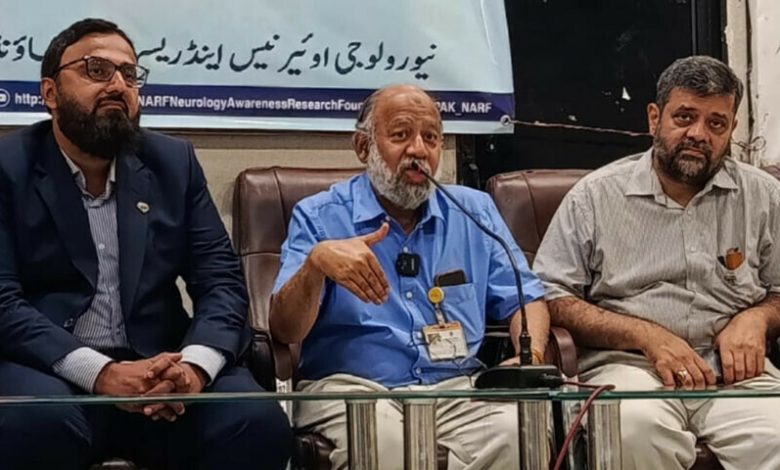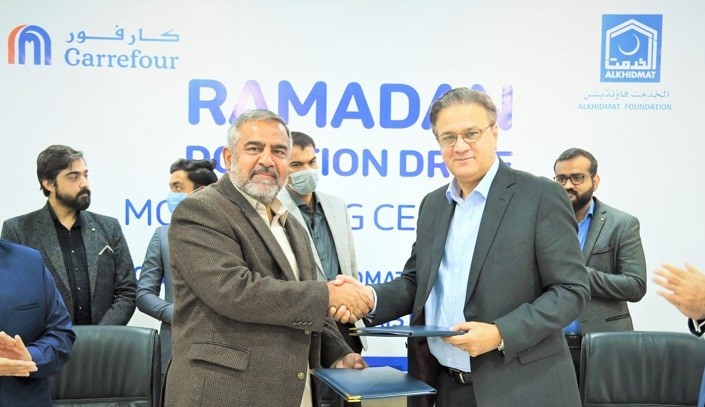Mental Health Is a Human Right, Say Experts on World Brain Day 2025

Experts Call Public, Media, and Government Must Unite for Mental Health Awareness on the World Brain Day
An estimated 43 percent of the global population suffers from some form of mental or neurological disorder, according to medical experts speaking at a press conference organized by the Neurology Awareness and Research Foundation at the Karachi Press Club on the occasion of World Brain Day 2025.
Experts emphasized that many of these conditions can be prevented or managed through a balanced diet, control of blood pressure and blood sugar, and a positive lifestyle. By promoting physical activity, positive thinking, and social interaction, individuals can significantly reduce the risk of depression, anxiety, and other mental health issues.
Speaking at the press conference, Prof. Dr. Muhammad Wasay, President of the Neurology Awareness and Research Foundation, stressed that mental health is a basic human right and a lifelong necessity. “Sadly, in our society, mental illnesses are often hidden due to stigma, which deprives patients of timely diagnosis and treatment,” he said.
Mental Health: A Basic Human Right
Dr. Wasay further emphasized that this year’s theme — “Mental Health and Well-Being Is an Integral Part of Society” — highlights the importance of a healthy mind at every stage of life, from childhood to old age. “Only by recognizing mental health as a human right can we build a healthy and balanced society,” he added.
A Global Health Challenge
Prof. Dr. Abdul Malik, General Secretary of the Foundation, echoed the urgency of the issue, reiterating that 43% of the world’s population is affected by some form of neurological disorder. “This is not a minor statistic — it represents a serious challenge that touches nearly every family. Mental health care should not begin after illness, but should be a part of preventive care,” he said.
He emphasized that in countries like Pakistan, maternal and child health issues, environmental pollution, and lack of immunization are significant risk factors for childhood neurological and mental disorders. “Rehabilitation services, physiotherapy, and special education must be expanded and made more accessible,” he urged.
Call for National Action
Renowned neurologist Dr. Wajid Javed underlined the need for a unified national response. “Government agencies, medical experts, the media, and the public must work together to promote mental health awareness and eliminate misconceptions,” he said.
“World Brain Day reminds us that a healthy mind is the foundation of a strong, prosperous, and dignified society. Women and children are especially vulnerable to mental health issues, with malnutrition, poverty, and stress during pregnancy affecting brain development and mental well-being,” he added.
Expert Recommendations
At the close of the event, medical experts called on the government to:
- Ensure timely diagnosis and treatment of mental illnesses,
- Eliminate harmful superstitions and misinformation,
- Disseminate mental health education in accessible language,
- Provide affordable, high-quality treatment and rehabilitation facilities,
- Expand neurological healthcare and research on a national scale.
The event concluded with a strong message: Mental health is not just the absence of illness — it is essential for living a full, balanced, and dignified life.




